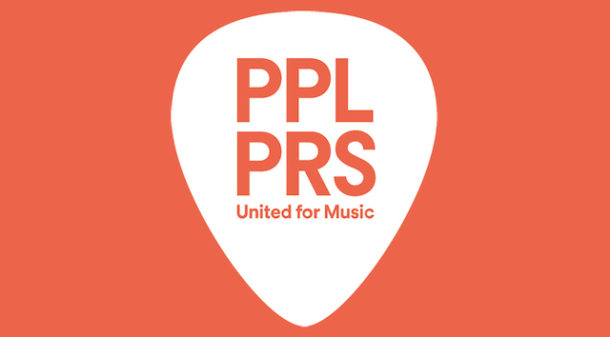Preschool is a critical foundation in a child’s educational journey, providing a nurturing environment where young minds can explore, learn, and grow. Early childhood education helps build essential skills that set the stage for future academic and social success. This article delves into the importance of preschool and how it plays a vital role in shaping a child’s development.
Cognitive and Academic Development
One of the primary benefits of preschool education is cognitive development. Through structured activities, children develop key skills such as:
- Language and Communication: Exposure to storytelling, songs, and conversations enhances vocabulary and comprehension.
- Early Math Concepts: Counting, sorting, and recognizing patterns introduce foundational numeracy skills.
- Problem-Solving Abilities: Hands-on activities and interactive games encourage logical thinking and creativity.
These early academic experiences help prepare children for primary school, making the transition to formal education smoother and more engaging.
Social and Emotional Growth
Preschool provides a social setting where children learn valuable interpersonal skills, including:
- Sharing and Cooperation: Group activities teach children how to work together and build friendships.
- Independence and Confidence: Encouragement from teachers fosters self-expression and decision-making skills.
- Emotional Regulation: Structured routines help children understand and manage their emotions effectively.
These aspects of early education contribute to a child’s overall well-being and ability to thrive in diverse social environments.
Physical Development and Motor Skills
Preschool activities are designed to enhance both fine and gross motor skills. Activities like drawing, cutting, and assembling puzzles develop hand-eye coordination, while outdoor play encourages physical fitness and agility. These skills are essential for a child’s overall health and readiness for future learning experiences.
Building a Lifelong Love for Learning
Preschool nurtures curiosity and a love for learning through interactive and play-based education. When children enjoy learning from an early age, they are more likely to develop a positive attitude toward education throughout their lives.
Conclusion
Enrolling a child in a quality preschool program provides them with a strong foundation for lifelong learning and development. By fostering cognitive, social, and physical growth, preschool education equips children with the tools they need to succeed in school and beyond. Investing in early childhood education is investing in a brighter future for every child.
Are you considering a preschool for your child? Look for one that emphasizes holistic growth and a nurturing environment!











Leave a Reply